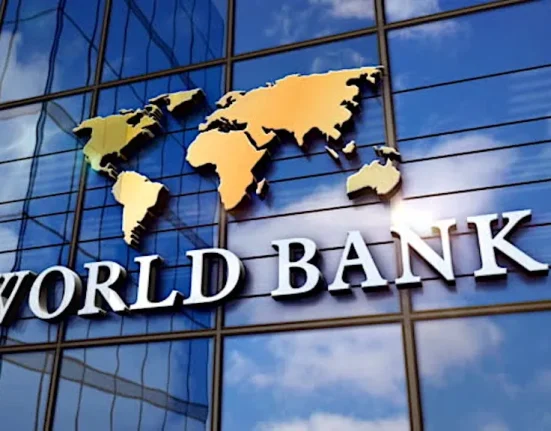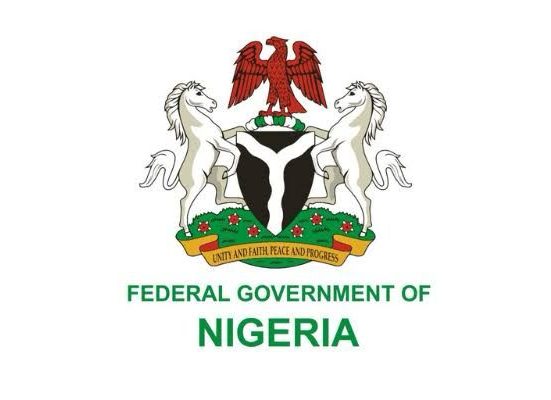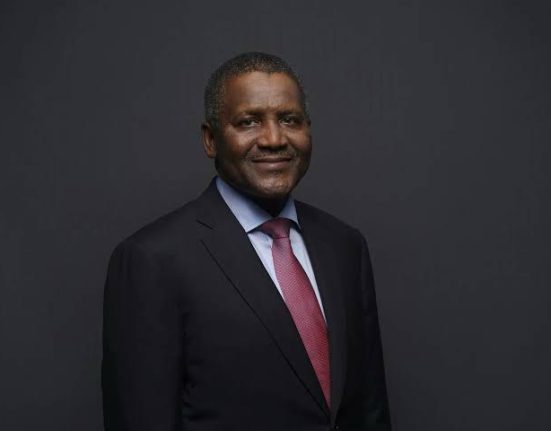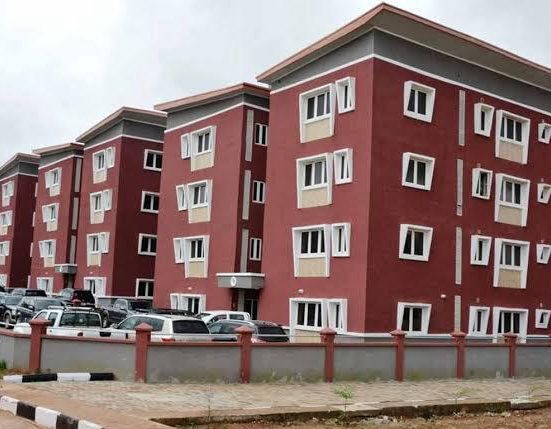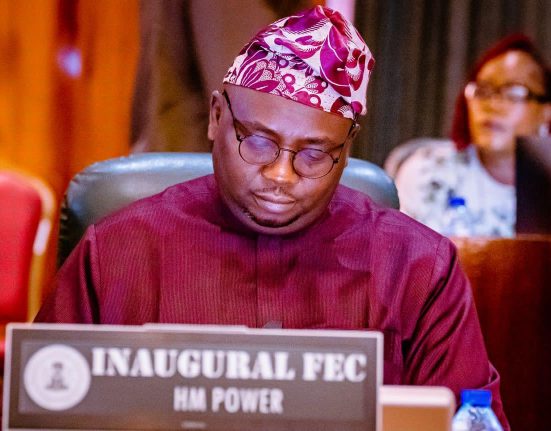The Presidency has dismissed the World Bank’s latest poverty report, which claims that 139 million Nigerians are currently living in poverty, describing the figure as exaggerated and disconnected from the realities of the country’s economy. President Bola Tinubu’s Special Adviser on Media and Public Communication, Sunday Dare, made this known in a post on X on Wednesday, insisting that the data must be properly interpreted within the context of the World Bank’s global poverty measurement framework.
According to the Presidency, the World Bank’s calculation is based on a global benchmark of $2.15 per person per day, adjusted for purchasing power parity in 2017. It argued that when converted to nominal terms, this amount equates to roughly ₦100,000 per month at current exchange rates, far above Nigeria’s recently approved minimum wage of ₦70,000. The government stressed that the figure should not be mistaken for a literal count of poor Nigerians but rather understood as a statistical estimate derived from a global model.
Dare further explained that the World Bank’s methodology depends on outdated household consumption data, with Nigeria’s last major survey conducted in 2018/2019. He noted that this approach overlooks the vast informal and subsistence sectors that sustain millions of Nigerians, making the report more of a global projection than an accurate reflection of current living conditions. He added that the focus should not be on a single figure but on the nation’s progress, stating that Nigeria’s economic trajectory is now on the path to recovery and reform.
The Presidency also highlighted several initiatives aimed at alleviating poverty and supporting vulnerable groups. These include the expansion of conditional cash transfers to reach up to 15 million households, with over ₦297 billion already disbursed; the Renewed Hope Ward Development Programme, which provides infrastructure and livelihood support across all electoral wards; and the strengthening of social investment schemes like N-Power, GEEP micro-loans, and the Home-Grown School Feeding Programme. Other interventions cited include food security programmes, a renewed infrastructure fund for key projects, and new credit schemes to support small businesses, women, and youth entrepreneurs.
It added that ongoing economic reforms, such as fuel subsidy removal, exchange rate unification, and the reallocation of public funds toward productive sectors, are intended to tackle long-standing structural issues rather than offer temporary relief. The government acknowledged that while these policies have caused short-term discomfort, they are necessary steps toward achieving sustainable growth.
Citing recent remarks from World Bank officials, the Presidency noted that even the global lender had recognized signs of macroeconomic stability and growth resurgence under the Tinubu administration. However, it maintained that recovery must be inclusive, translating into affordable food, better jobs, and improved living conditions for citizens. According to the statement, investments are being ramped up in agriculture, manufacturing, and power supply to reduce living costs and boost employment.
Meanwhile, the World Bank’s Nigeria Development Update report, titled “From Policy to People: Bringing the Reform Gains Home,” acknowledged that Nigeria’s economic reforms, including the fuel subsidy removal and exchange rate adjustments- have set a foundation for stability. However, it warned that these gains have yet to trickle down to most households. The report estimates that about 139 million Nigerians now live below the poverty line, up from 129 million in April 2025, attributing the rise to inflation, high food costs, and weakened purchasing power.
In response, the Presidency reaffirmed its commitment to tackling poverty through data-driven social protection systems and inclusive growth strategies. It urged Nigerians to be patient, assuring that the reforms underway would yield tangible improvements in household income and welfare. “Nigeria rejects exaggerated statistical interpretations detached from local realities,” the statement concluded.



